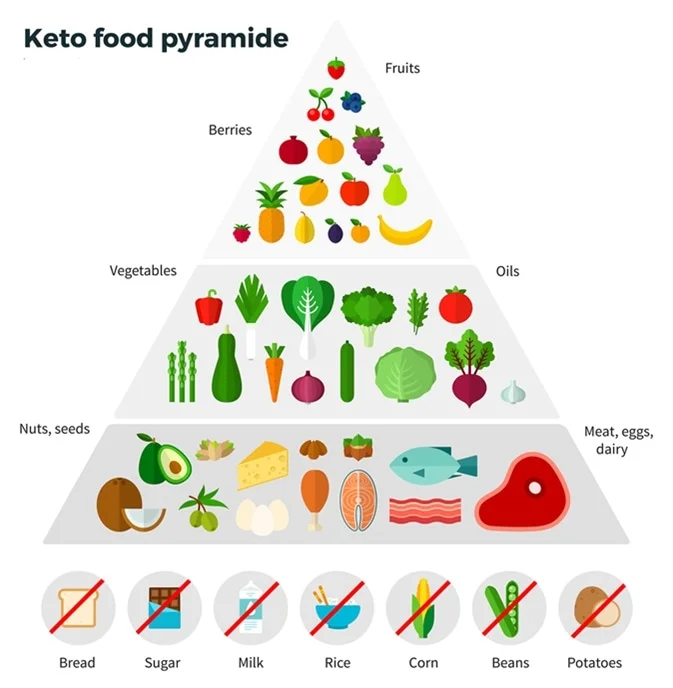Fresh juices have become increasingly popular in recent years as more people are turning to healthy and natural alternatives to sugary drinks. Fresh juices are made from a variety of fruits and vegetables and are packed with vitamins, minerals, and antioxidants that offer a range of health benefits. In this article, we will discuss the significance of fresh juices and how they can help improve your overall health.
- Boosts Immune System
One of the most significant benefits of fresh juices is their ability to boost the immune system. Fresh juices are rich in vitamins and minerals that help strengthen the body’s natural defenses against infections and diseases. Vitamins such as A, C, and E, and minerals such as zinc and selenium, are essential for maintaining a healthy immune system.
- Improves Digestion
Fresh juices are also beneficial for improving digestion. The enzymes present in fresh juices help break down food and facilitate the absorption of nutrients. This, in turn, helps promote healthy digestion, reduces constipation, and improves bowel movement.
- Promotes Weight Loss
Fresh juices can also help in weight loss. They are low in calories and high in fiber, making them an excellent alternative to sugary drinks and snacks. Fiber helps keep you full for longer, reducing the urge to snack or overeat. It also aids in the elimination of toxins and waste, which can contribute to weight gain.
- Detoxifies the Body
Fresh juices are excellent for detoxifying the body. They help flush out toxins and harmful substances from the body, which can accumulate due to unhealthy eating habits and lifestyle choices. Drinking fresh juices regularly can help you maintain a healthy and clean body, and keep diseases at bay.
- Reduces Inflammation
Inflammation is a leading cause of several chronic diseases such as arthritis, diabetes, and heart disease. Fresh juices are rich in antioxidants that help reduce inflammation and prevent cell damage. This can help reduce the risk of chronic diseases and promote overall health and wellbeing.
- Provides Energy
Fresh juices are also an excellent source of energy. They are packed with vitamins and minerals that help boost energy levels, improve mental clarity, and reduce fatigue. Drinking fresh juices regularly can help you feel more energized and productive throughout the day.
Fresh juices are an excellent way to improve your overall health and wellbeing. They are packed with essential vitamins, minerals, and antioxidants that offer a range of health benefits. Drinking fresh juices regularly can help boost your immune system, improve digestion, aid in weight loss, detoxify the body, reduce inflammation, and provide energy. So, if you’re looking for a healthy and natural way to improve your health, try incorporating fresh juices into your daily routine.




